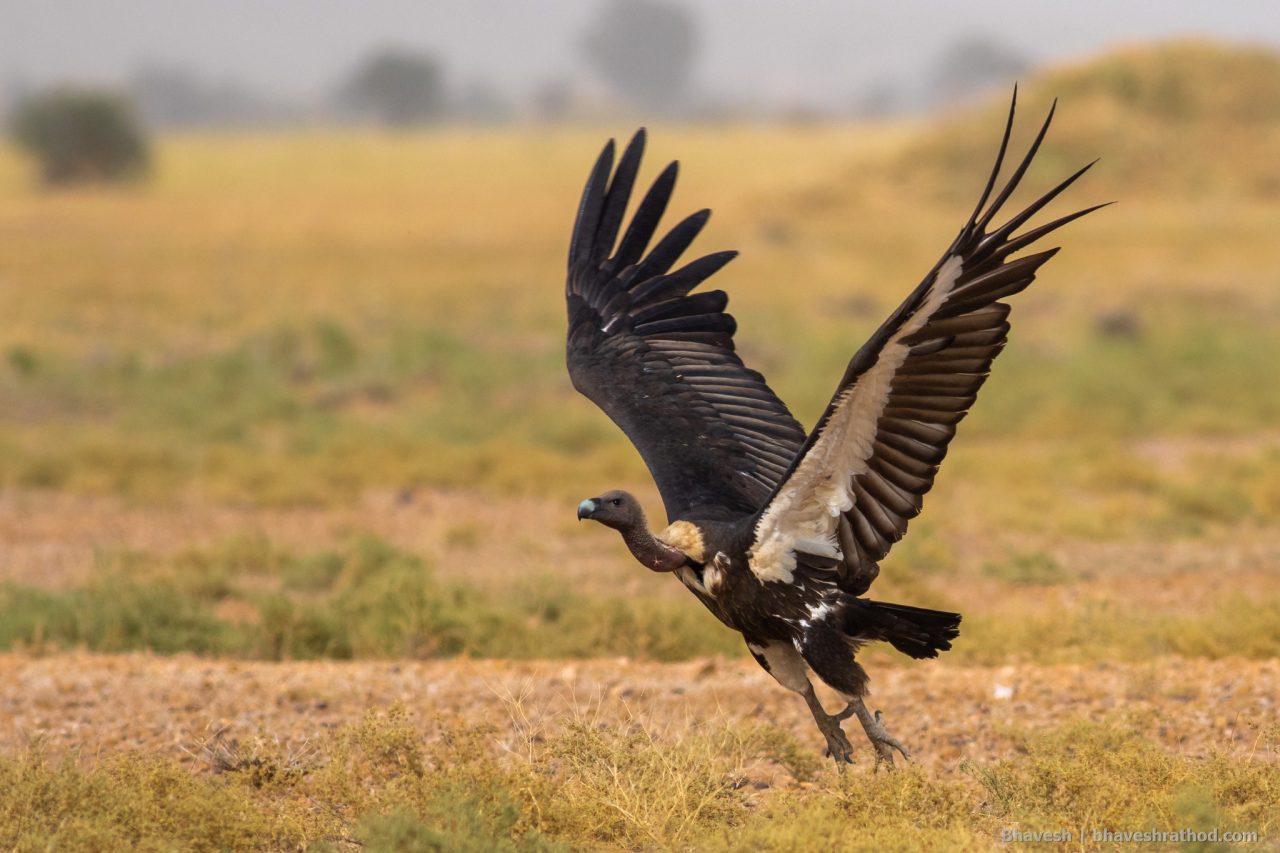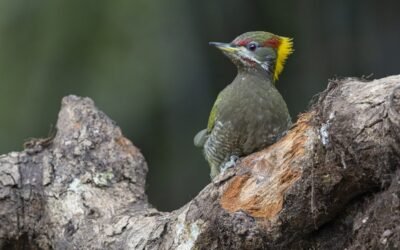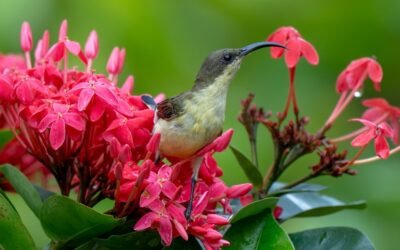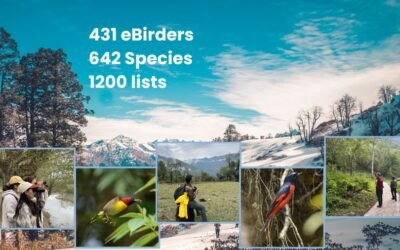World Wildlife Fund-India (WWF-India) has initiated a vulture estimation program across India. This is the first year of this program where citizen birders, ornithologists, photographers, and naturalists are invited to participate in the vulture count.
HOW TO PARTICIPATE IN THE VULTURE COUNT
- Watch and count vultures (and if possible other birds too) from anywhere you are in India from 4 to 30 September 2021.
- Counts should ideally be between 6 am to 10 am.
- Upload all lists through eBird’s mobile App.
- All eBird lists made during this program should be shared with eBird User ID- ‘wwfindia.raptor’.
Along with the vultures, we encourage you to observe and count all species of birds that you can identify by sight and sound to the best of your ability. - For Vulture Estimation Program, there are two ways to upload your sightings in eBird-
- Record and report all species including common birds like mynas, pigeons, etc, and make it a complete list
- Record and report presence/ absence of vultures and upload them as Incomplete lists.
- We highly recommend that you go through the step-by-step procedures explained in this pdf: Using eBird for WWF-Vulture Count_2). See here for the webinar recording explaining both methods.
IMPORTANT NOTE
While birding, please ensure that you adhere to COVID-19 related instructions by central and local authorities
Please submit all your counts before 10 October 2021.
Photographs of the count, team, site, and species can be emailed to the Rinkita Gurav at rgurav@wwfindia.net
Short tutorial videos and webinar recordings regarding eBird features can be viewed here.
If you have any queries regarding eBird, please email at skimmer@birdcount.in
For any queries and clarifications regarding Vulture Estimation Program, please contact:
Ms. Rinkita Gurav
Manager – Raptor Conservation, WWF-India
Email: raptors@wwfindia.net, rgurav@wwfindia.net
Website: wwfindia.org
Header Image: White-rumped Vulture Gyps bengalensis by Bhavesh Rathod/ Macaulay Library





It is a good sign for vulture conservation. We had done surveys on Punjab roadways (in late 1980s and found hundreds of vultures killed with vehicle collisions). The reason of their being near the highways was also linked to the bone collection centers made near highways for easy transportation of animal carcass products and also due to cutting down of big trees from the village environments where they used to make their nests.